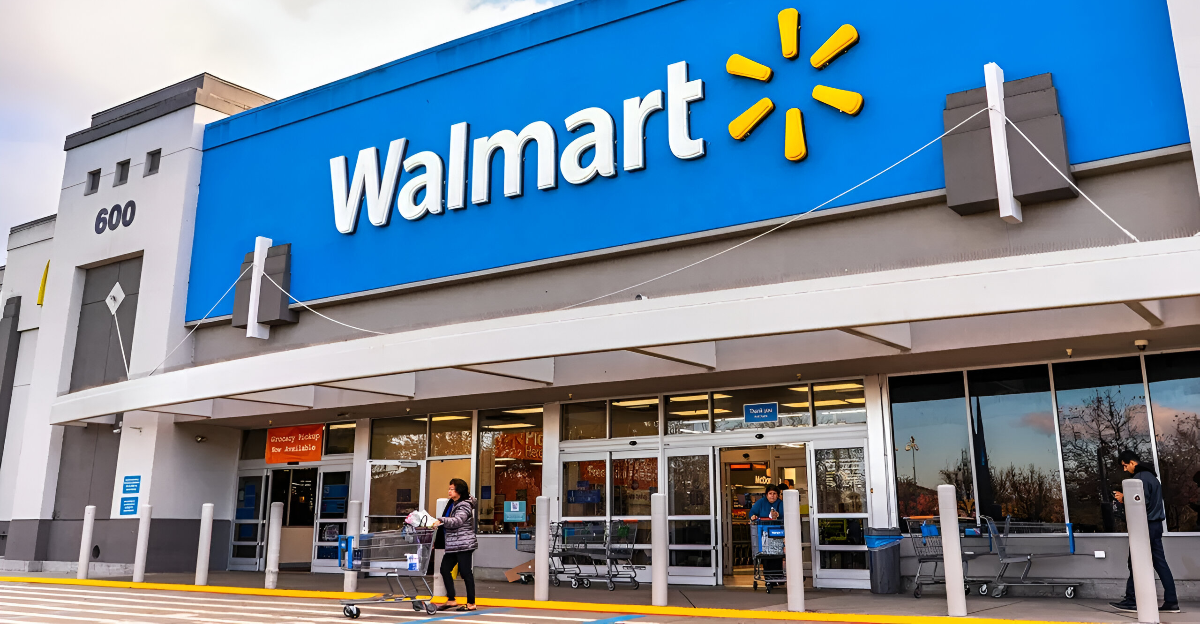
Walmart has issued a major recall of about 850,000 Ozark Trail stainless steel water bottles, after at least three customers reported serious injuries caused by the product’s cap ejecting forcefully. Shockingly, two individuals have suffered permanent vision loss when struck in the face by a lid from these insulated bottles. The bottles – 64-ounce with screw-on black lids – have been on Walmart’s shelves since 2017.
Walmart stresses it is acting swiftly: the company said “the health and safety of our customers is always a top priority”, and it is fully cooperating with regulators and offering refunds for all affected bottles.
How an everyday bottle turned dangerous
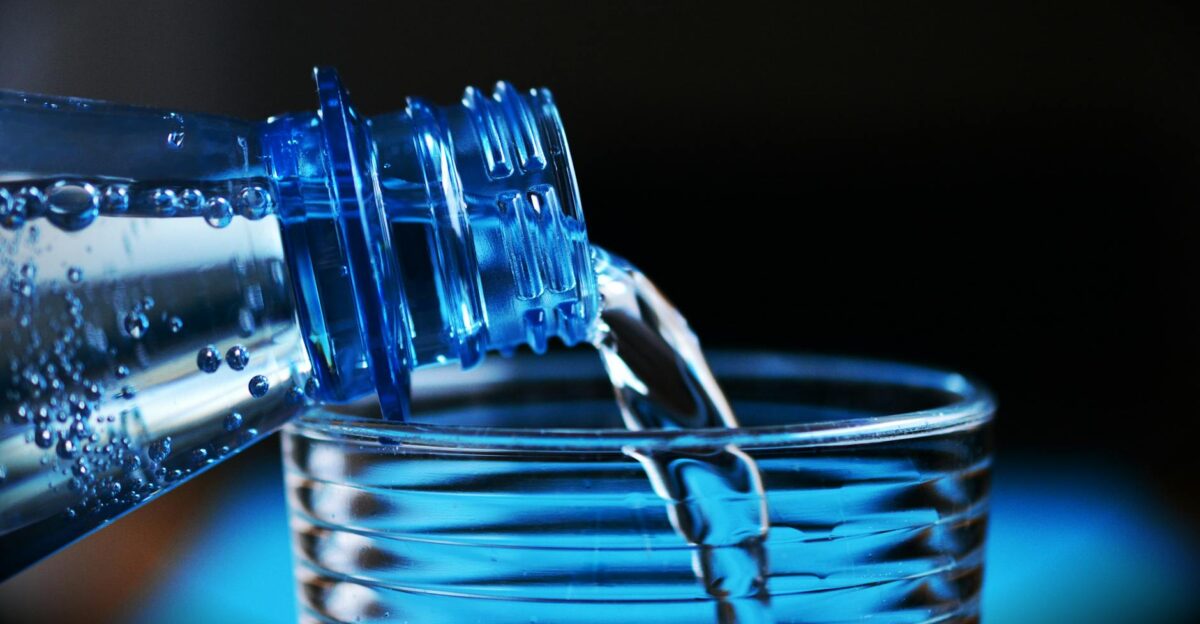
Investigators traced the cause to pressure buildup inside sealed bottles. The U.S. Consumer Product Safety Commission (CPSC) warns that if someone opens these bottles after storing carbonated or fermenting drinks (such as kombucha, soda, wine or kimchi juice), the cap can “forcefully eject” and fly off uncontrollably.
In simple terms, trapped gas builds up like a tiny explosion. That sudden burst can create “serious impact and laceration hazards,” exactly as occurred in the reported accidents. The design flaw turns a benign container into a projectile launcher once pressure accumulates.
Walmart’s fast recall response
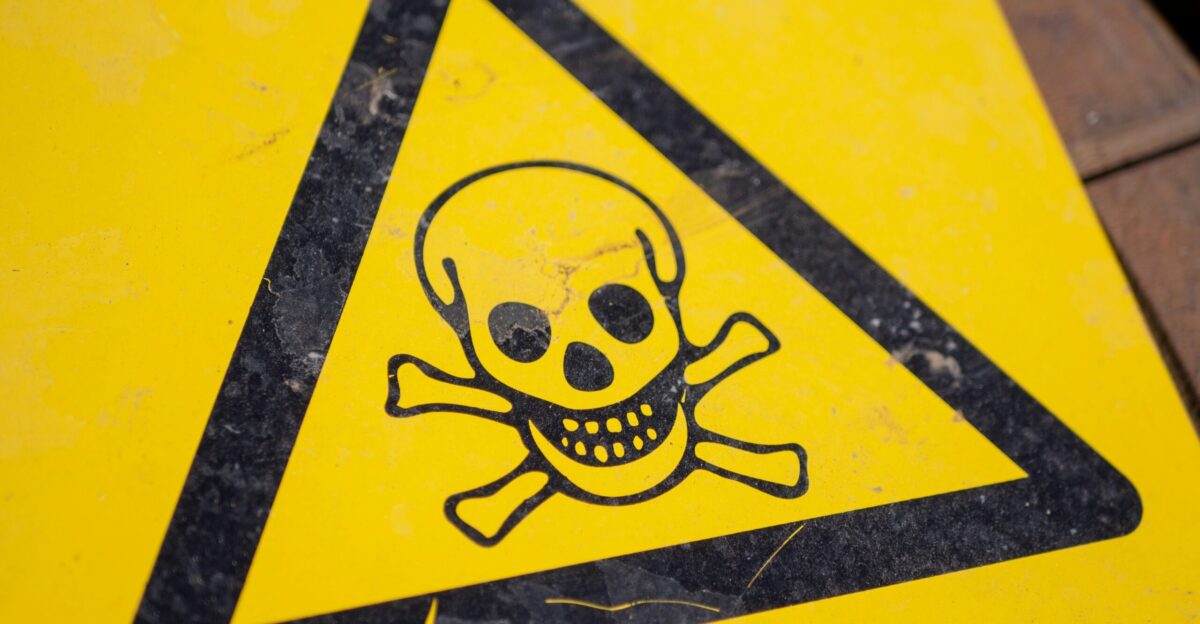
Walmart reacted quickly by announcing a voluntary recall and issuing consumer alerts. Shoppers are urged to immediately stop using the Ozark Trail bottles (model number 83-662) and return any they own to Walmart for a full refund. In press statements, Walmart emphasized it is cooperating fully with the U.S. Consumer Product Safety Commission.
A spokesperson said, “the health and safety of our customers is always a top priority,” and that Walmart has taken steps to remove the bottles from stores and inform the public of the risk. The company has linked to the CPSC recall notice on its website and is refunding purchases regardless of receipt.
Industry effect and brand trust

This recall may prompt a change across the market. Consumer product experts say manufacturers of insulated bottles will likely reconsider their designs. Competing brands could add pressure-relief valves or stronger lids to prevent similar accidents. Observers note parallels with other recent scares: for example, Stanley water bottles made headlines last year when TikTok testers found lead traces, sparking lawsuits.
In that climate, companies may advertise safer lids to reassure customers. As demand for reusable bottles surges, even minor defects can undermine trust and sales – a reality now clear to the entire industry.
Global supply chain spotlighted

The incident also highlights the complexities of global manufacturing. Walmart’s Ozark Trail bottles were made in China and imported to the U.S. by Olympia Tools International. This recall could prompt retailers and regulators to scrutinize overseas-made products more closely. Safety analysts point out that a faulty design exported internationally can cause injuries in far-flung markets before anyone notices.
In response, some stores may implement tighter quality checks on imported items, and consumers are reminded to watch recall lists.
Regulators on alert

The CPSC’s recall notice itself serves as the main regulatory action so far. It explicitly warns people to stop using the bottles to avoid “forcefully ejecting” caps. As of the announcement, no immediate new legislation has been enacted, but consumer advocates say the incident will not be forgotten. In past cases, mass recalls have sometimes led to congressional hearings or calls for stronger safety standards.
For now, regulators continue to rely on press releases and refunds to manage the situation, while urging anyone with these bottles to register them and spread the word.
Media and public reaction

Major news outlets have amplified the warning quickly. ABC News, Fox Business, People Magazine, and others ran immediate stories on the recall. Fox reported that “about 850,000 water bottles sold at Walmart are being recalled” after injuries caused vision loss. This broad coverage helped alert consumers nationwide to check their cabinets.
Social media posts and local news segments likewise circulated images of the bottle’s Ozark Trail logo, ensuring shoppers learned the model number. The widespread press helped prevent more injuries by making the recall news unavoidable.
Design lessons for the future

Safety experts say the lesson goes beyond one recall: product design must anticipate pressure risks. The CPSC description makes clear that future standards may require built-in vents or locking mechanisms in any container that might hold fizzy liquids. Companies may also start printing explicit warnings on bottle labels (for example, advising against storing carbonated beverages).
Even in unrelated products, manufacturers are likely to review cap designs. In short, this incident could set a new benchmark: if an ordinary water bottle cap can blind someone, engineers will work harder to make sure lids simply can’t fly off.
What to do now
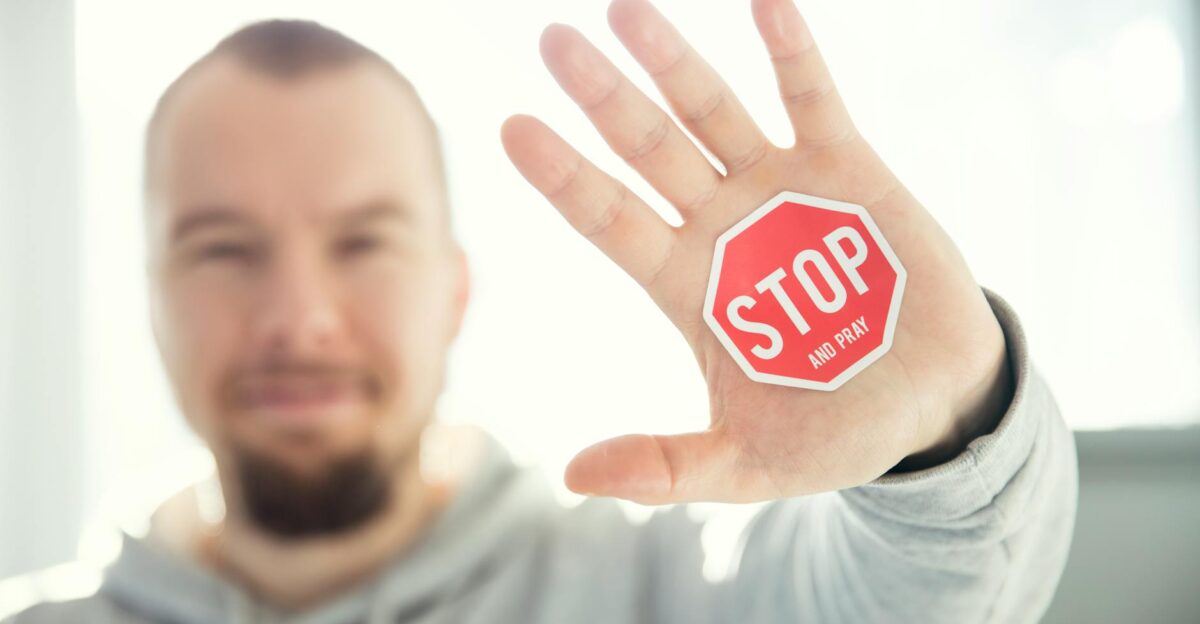
If you own an Ozark Trail 64 oz insulated bottle, check it now. The CPSC and Walmart advise consumers to immediately stop using the affected bottles (look for the Ozark Trail logo or model 83-662) and return them to any Walmart for a full refund. No receipt is needed. Customers can also call Walmart’s hotline or visit its recall page for instructions. If you were hit by a bottle cap, experts recommend rinsing the eye and seeking medical care promptly, since even a small fragment can cause injury.
In the meantime, avoid storing carbonated or fermenting drinks in any screw-top bottle not specifically designed for it.
What this recall teaches us
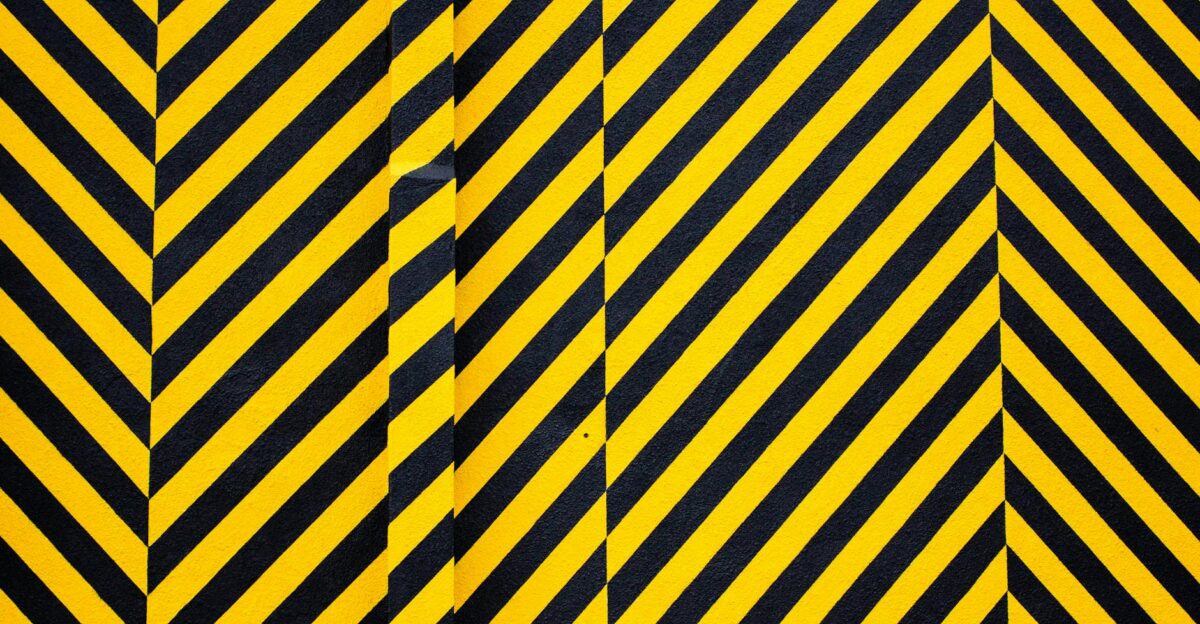
What began as a routine product checkup has rippled through retail, regulation and public safety. In one sense, this case is a wake-up call: even seemingly harmless goods can carry hidden hazards. From store shelves to social media, the recall has shown how one design flaw can trigger widespread alarm and action. Going forward, consumers and makers alike are reminded that vigilance is key, whether that means reading recall notices or engineers building safer lids. In the end, this reminder may well make future products safer for everyone.